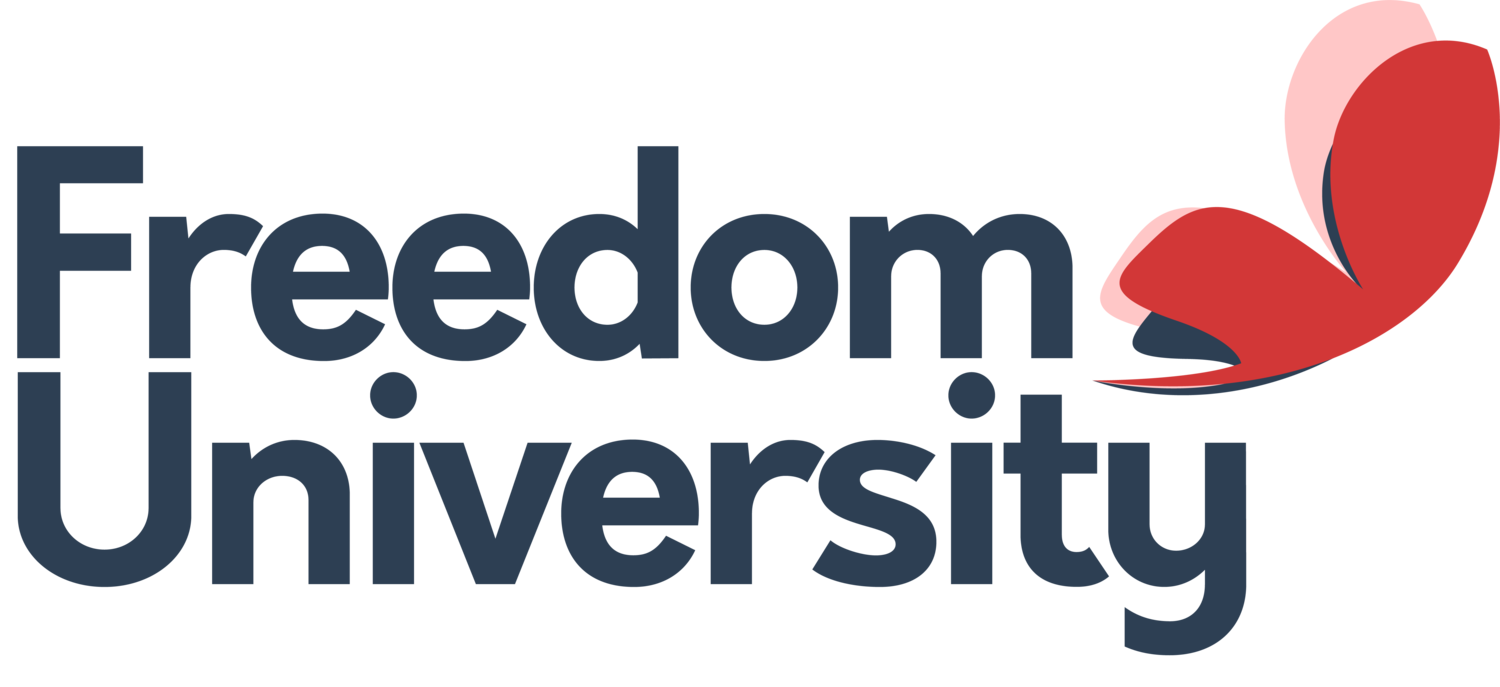Freedom University Welcomes Supreme Court Decision on DACA
For Immediate Release
June 18, 2020
Atlanta, Georgia
Today, in a 5-4 decision, the U.S. Supreme Court ruled against the Trump administration’s decision to end the Deferred Action for Childhood Arrivals (DACA) program, holding that the decision was “arbitrary and capricious.” Freedom University, an Atlanta-based freedom school for undocumented students banned from equal access to public universities in Georgia, welcomes the Supreme Court decision.
DACA is a memorandum that was announced by the Obama administration on June 15, 2012. DACA is a form of prosecutorial discretion that provides certain eligible undocumented youth with a work permit and a temporary social security number, eligibility for a driver’s license, and some degree of protection against deportation for a period of two years. DACA, however, does not provide a pathway to citizenship.
On September 5, 2017, the Trump administration announced it was repealing DACA. Since then, a number of court decisions have allowed existing DACA recipients to renew their status, but new applicants have not been able to apply. In August 2018, U.S. Citizenship and Immigration Services (USCIS) estimated there were approximately 700,000 active DACA recipients residing in the United States. The U.S. Supreme Court announced on June 28, 2019 that it would consider the legality of the Trump administration’s rescission of the DACA program.
Today’s Supreme Court decision re-opens the opportunity for new applicants to receive the benefits of DACA. However, the Supreme Court acknowledged that the government does have the power to rescind DACA, but the Department of Homeland Security (DHS) did not follow proper procedure in doing so. Freedom University therefore recommends that anyone eligible to receive DACA for the first time apply for the program as soon as possible, given that DHS may choose to begin the proper procedure to rescind DACA at any time.
Freedom University is an award-winning human rights organization that offers tuition-free courses, college application assistance, and social movement leadership training for undocumented young people brought to the United States as children. Approximately half of Freedom University’s students are DACA recipients, while the other half have no form of legal protection from deportation, as they either did not meet the strict requirements of DACA or were too young to apply when the program was rescinded in September 2017.
Sofia Rivera, a Freedom University student and DACA recipient originally from Costa Rica, states: “I’m relieved by the Supreme Court decision and proud of our fight for lawful presence in the United States. However, even with DACA, our lives are in a turbulent state of constant uncertainty. This fight is only one step on our journey toward freedom in this country.”
Mamadou Diakite, a graduate of Freedom University and DACA recipient originally from Mali, shares: “This Supreme Court decision upholds the demands of justice and grants undocumented young people a chance at life, liberty, and the pursuit of happiness in the United States. Moving forward, we must continue to expand this ideal to the other undocumented people that DACA leaves behind: our parents, our younger siblings, and our loved ones who did not meet the strict eligibility requirements for DACA.”
“While I am grateful that the Supreme Court considered this case, DACA was never intended to be the long-term solution,” states Gabriela Solís, a staff member of Freedom University and DACA recipient originally from Mexico. “I want other undocumented young people to know that the goal is not citizenship: the goal is freedom. And to be free, we must organize and mobilize to create the world we all deserve.”
“As an educator of undocumented youth, I have seen how the DACA program has provided undocumented young people with a vital sense of security,” says Dr. Laura Emiko Soltis, the Executive Director of Freedom University. “However, because DACA does not protect the right to education or the right to vote, it has effectively created a population of young people of color who can legally drive to their low-wage jobs and pay taxes, but be denied equal access to higher education and the right to vote on decisions that impact their lives. DACA is not enough, and we must defend the human rights of all 11 million of our undocumented neighbors by exercising our collective resolve in whatever way we can -- whether that be in the ballot box, in the halls of Congress, or in the streets.”



